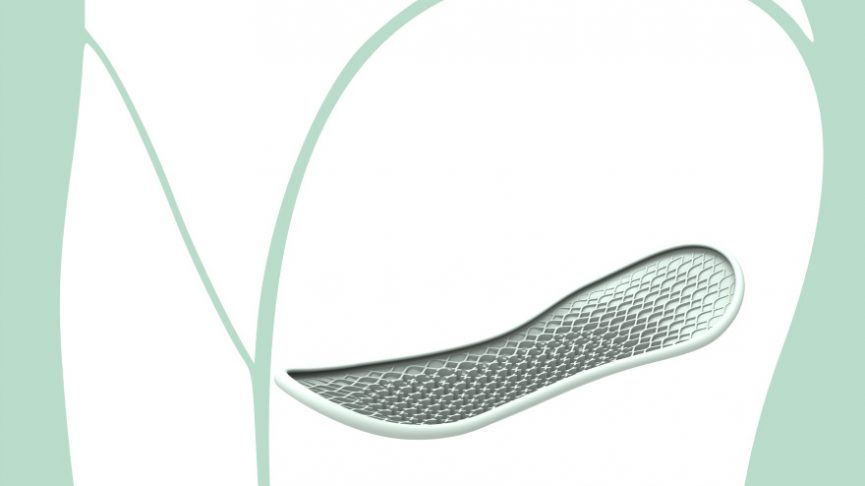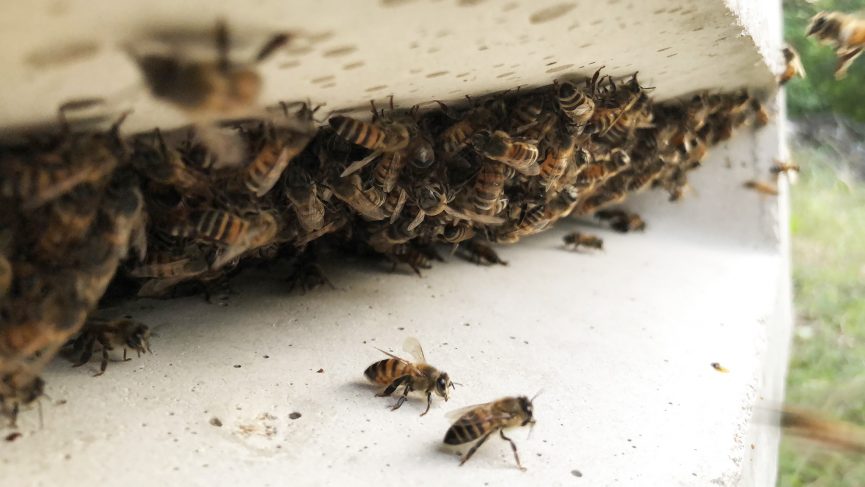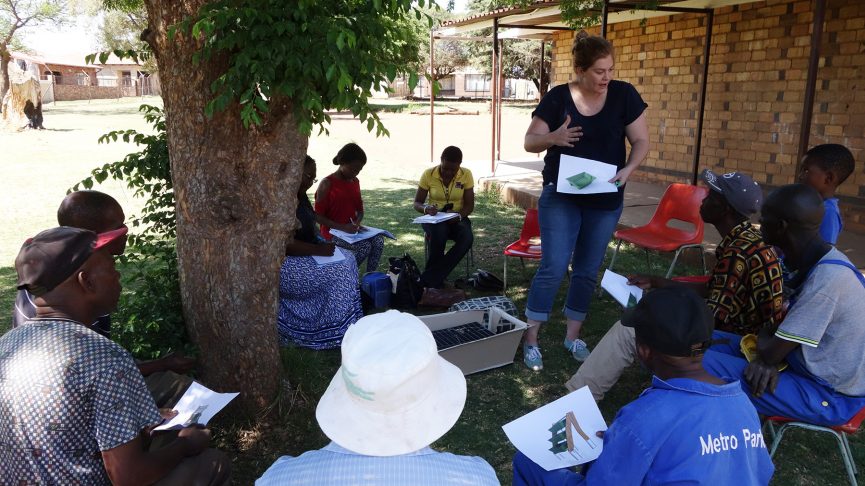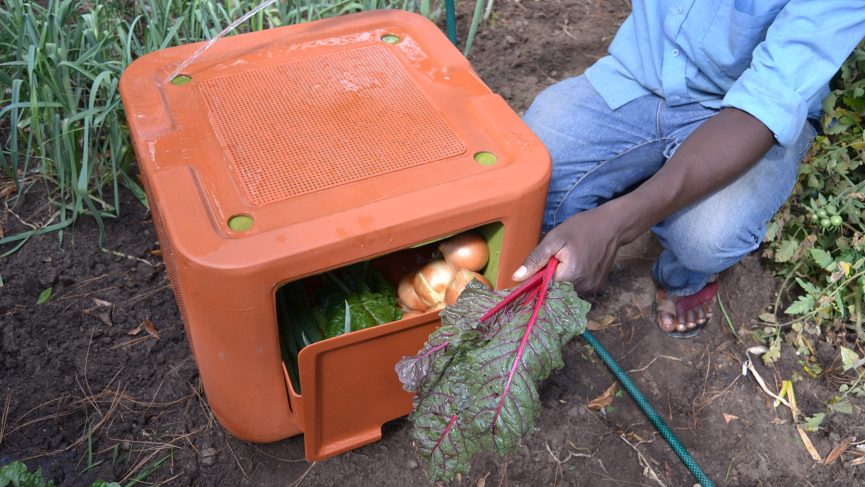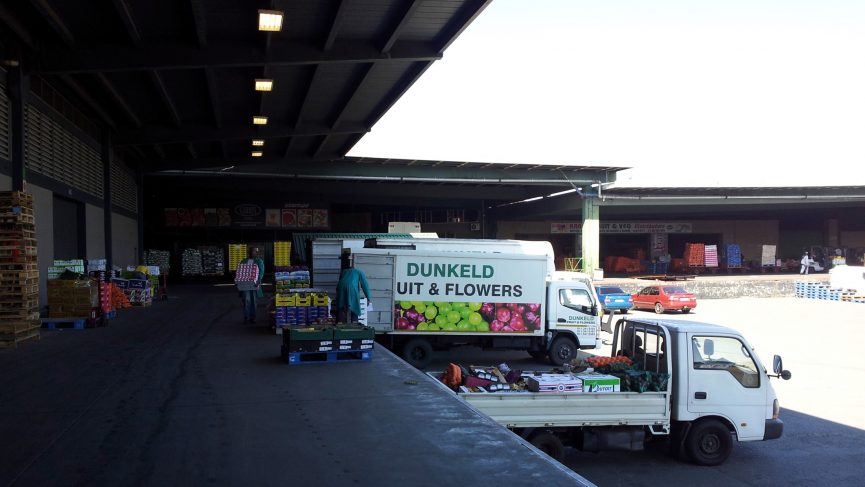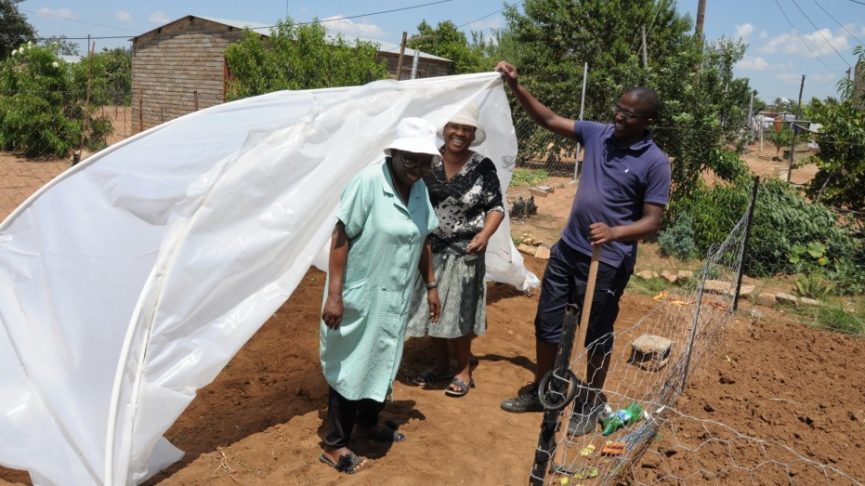2017-2019 | Nula Reusable Menstrual Pad
Nula is a reusable menstrual pad that was designed for South African women. Pia Findlay began the design research project as a BA Industrial Design student in 2017 and then extended the project into an MA Design (in Industrial Design) from 2018-2020. During both these projects I was her main supervisor, and during the Master's Despina Christofordiou, from Lund University (Sweden), joined as the co-supervisor bringing with her expertise in behavioural design. Overview: The aim of this design research project was to develop a method of encouraging the acceptance of Nula, a new reusable menstrual pad in South Africa. The project initially explored the complexity of trying to introduce a radical innovation and taboo product into the South African market. What makes radical innovations problematic is that they fall outside the frame of reference of potential product users, and therefore often do not reach their full potential when initially introduced. ... Read More
